Scientists reveal how antibiotic-resistant genes are spreading around the world, raising concerns about their rapid transmission and the role humans are playing.


Scientists reveal how antibiotic-resistant genes are spreading around the world, raising concerns about their rapid transmission and the role humans are playing.
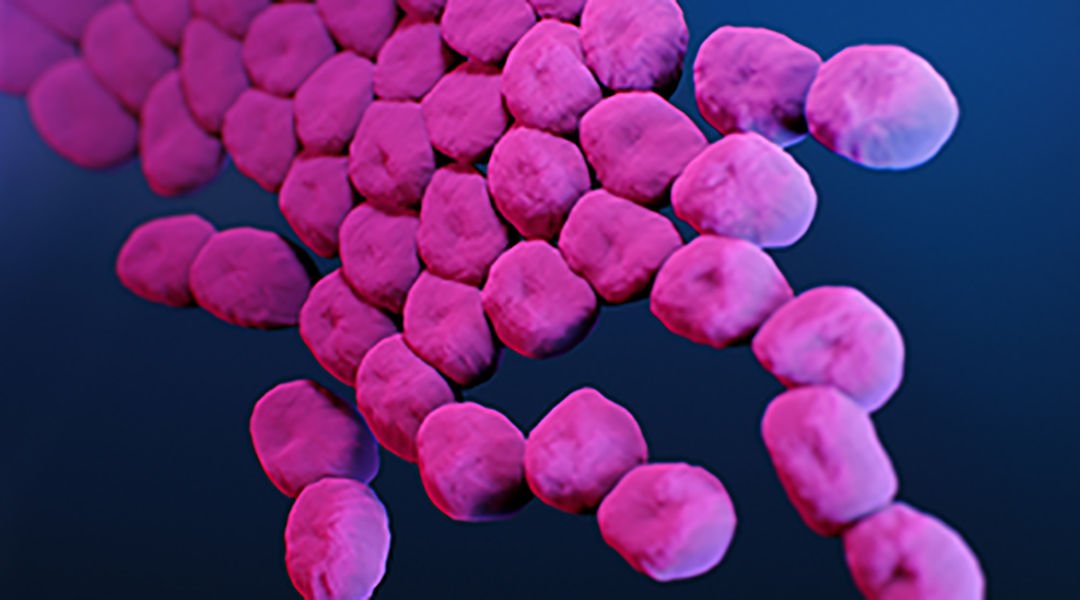
Scientists investigated phages that can kill the world’s leading superbug, Acinetobacter baumannii, which is responsible for up to 20% of infections in intensive care units.

A research team combats antibiotic-resistant superbugs by administering antibiotics together with metformin.

A bacterium found in a backyard could offer new hope in the fight against antibiotic resistance.

Microplastics facilitate a “super slime” that is resistant to antibiotics, sparking concern about antibiotic resistance in heavily polluted areas.
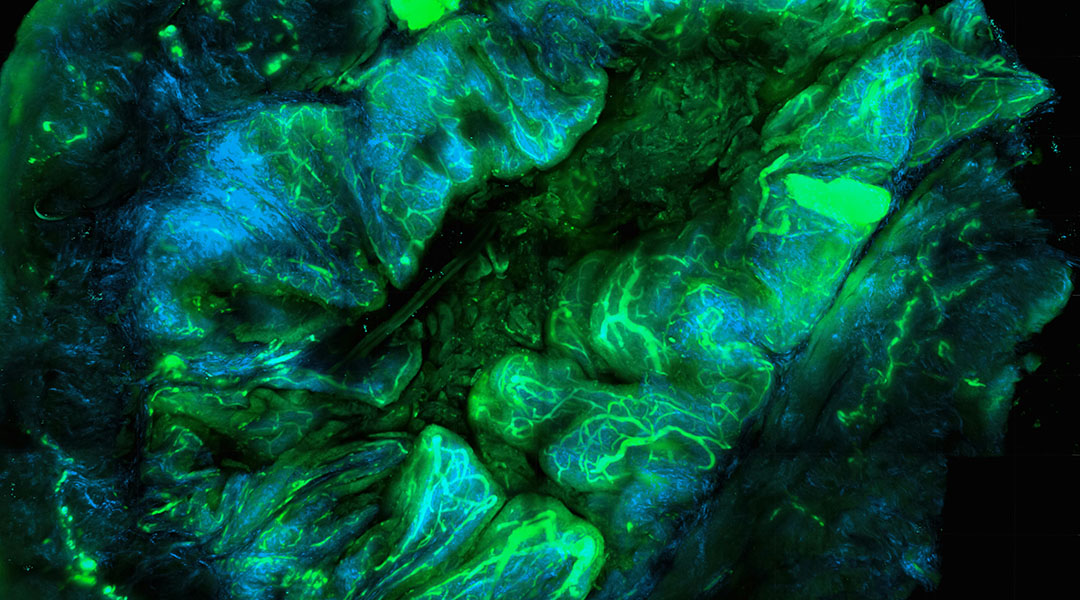
Scientists integrate light therapy and antibiotics into a single platform to help the body create its own tumor vaccine.

Experts argue a new approach is needed so that we are less reliant on antimicrobial drugs, where less use means less resistance.
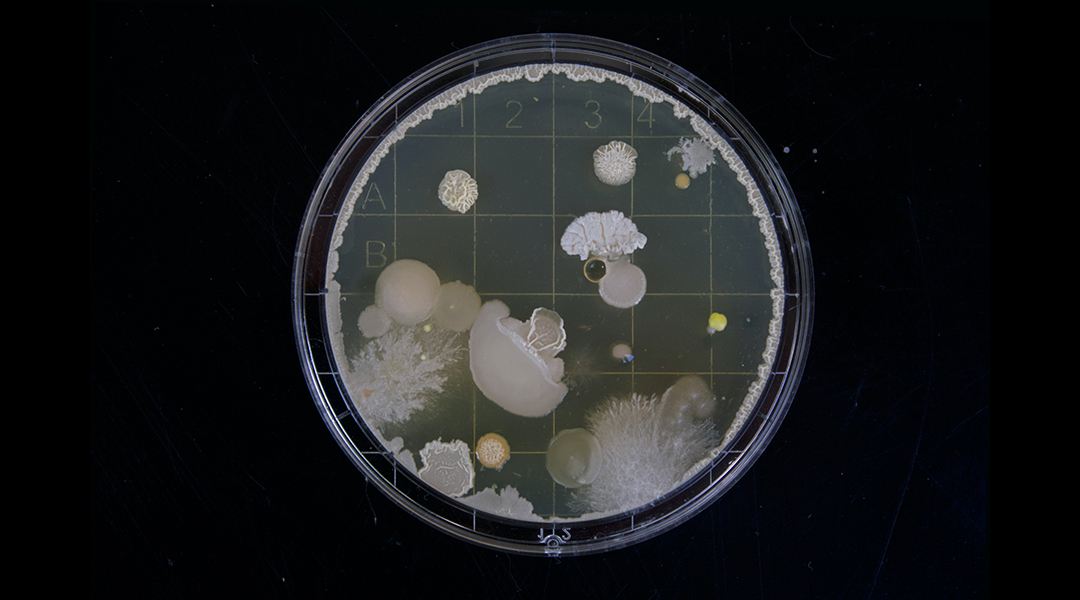
A selective weapon that can be remotely controlled to kill bacteria independently or in concert with current antibiotic approaches.
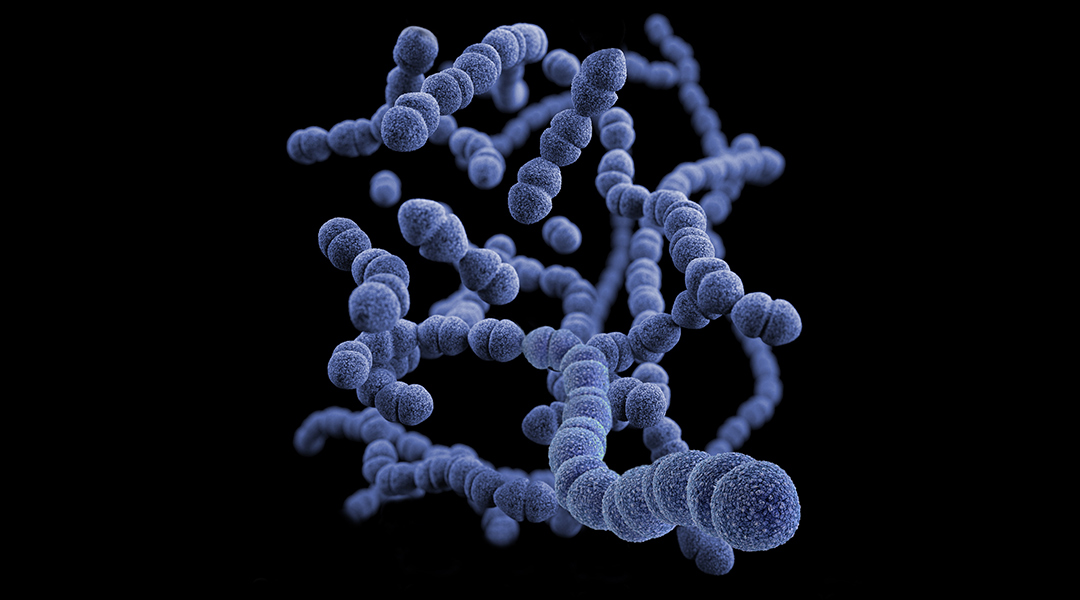
New potential antibiotic molecules were found to destroy biofilms and acted against gram-positive bacteria.
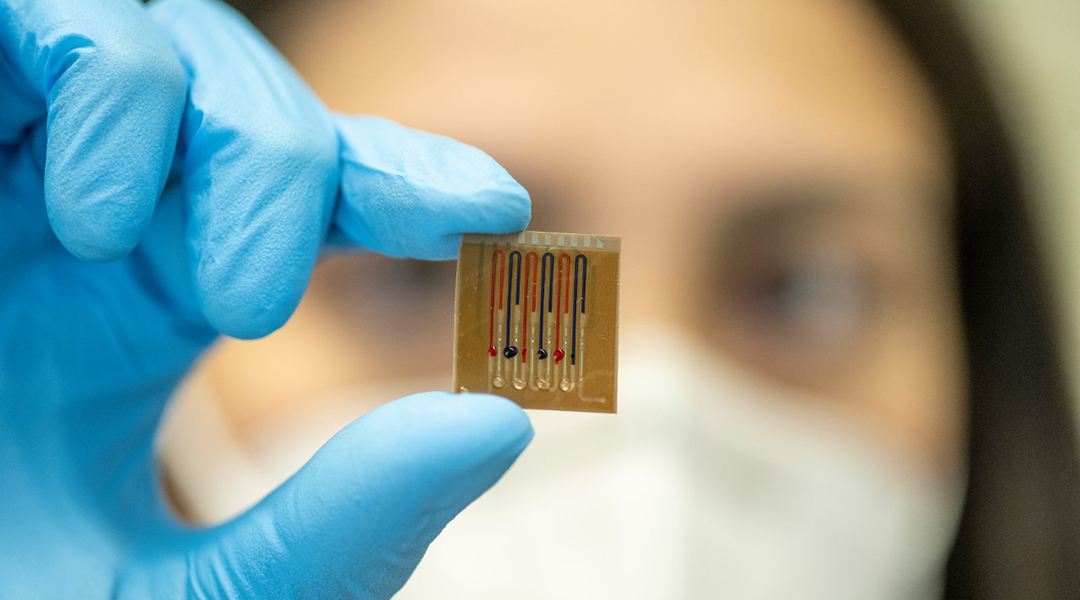
To help combat antibiotic resistance, scientists have developed a biosensor for more efficient and controlled administration of antibiotics.